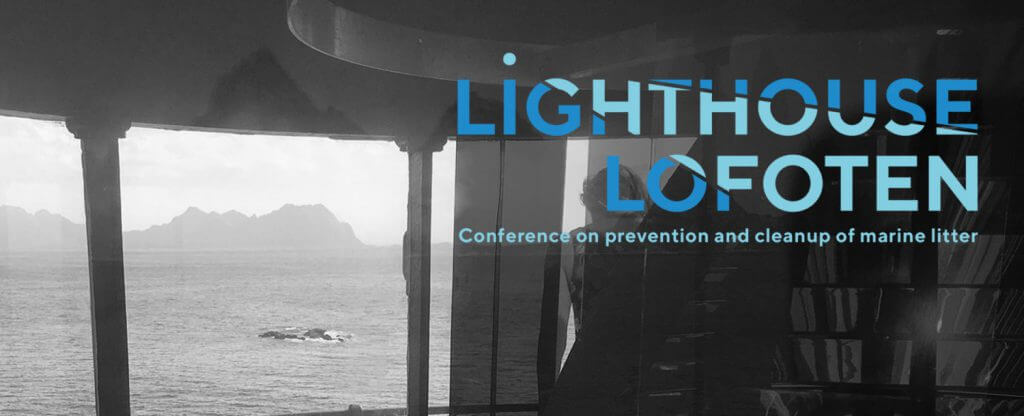It is well-documented that our oceans are being choked by plastic. But did you know that 70% of plastic garbage (by weight) in the world’s oceans originates from fisheries?
Much of this unwanted plastic waste comes from discarded, lost or overboard fishing instruments which becomes ‘ghost gear’ - floating through the ocean. Unfortunately, these instruments can continue to accidentally catch fish and other seafood, trapping them so they die under the sea.
On 17-18 October 2019, more than 70 participants from Nordic and other countries participated in the Lighthouse Lofoten Conference in Svolvær, Norway. GreenHub was the only representative from Vietnam.
The Lighthouse Lofoten conference focused on solutions to handle the global problem of marine litter. Just as a lighthouse guides us at sea, the Lighthouse Lofoten Conference was a navigational aid, guiding us towards a clean and healthy ocean.

This was enhanced through the facilitation of networking and sharing of ideas amongst participants. Participants were from a range of backgrounds including organisations/experts from UNEP, NOOA, Ocean Conservancy. This was a good chance for GreenHub to reconnect with current partners as well as creating opportunities to discuss future potential collaborations.
GreenHub had the opportunity to share about our waste management work in Vietnam including the operation of the Vietnam Zero Waste Alliance (VZWA), the Plastic Action Network (PAN), our beach litter monitoring program, and plastic waste reduction solutions in coastal areas.
GreenHub was able to discuss similarities in the challenges we face – from our surveys of 11 coastal provinces in Vietnam, the second highest plastic waste source is fishing gear, both in weight and quantity. Solutions that were discussed to combat the prevalence of fishing gear includes moving away from fishing material that easily decomposes, introducing a lost fishing gear tracking system, ‘fishing’ for the lost fishing gear and much more.
During the group discussion on sea-based marine litter, GreenHub shared our marine coastal debris survey results and our recommendations. These included that polystyrene should be counted in addition to fishing gear in monitoring results, running a training and communication campaign for fishermen on how to reduce their waste, developing a certification system for tourism and fishing boats.

Other sessions of the conference included “The Global Lighthouse” session which discussed methods of engagement in coastal cleanups and highlighted successful cleanup collaborations and strategies. The “From Coast to Coast” session discussed the need to strengthen cooperation on prevention and cleanup of marine litter, particularly focusing on cross-border collaboration.
During the conference, GreenHub raised two questions for discussion:
- Following the presentation on biodegradable solutions for fishing gear, GreenHub shared the case in Vietnam about the introduction of the Environmental friendly bags including biodegradable bags. Whilst there are clear benefits to this, we raised the issues that (1) food safety and natural resource exploitation can occur if the materials used for bags are corn/rice (2) these bags often still use some plastic and have materials for faster cracking which may contribute to the creation of micro plastic
- Following the presentation of BAN (single use plastic/plastic product), GreenHub shared the idea that while banning single use products is an excellent approach, we must consider a holistic approach. We should consider the impacts on local people (and their livelihoods), how they react, what kind of replacement materials could be used, other steps (awareness raising, technical/technology support) after the ban is implemented to ensure a smooth transition.
Overall, GreenHub benefited a lot from attending the conference and is looking forward to furthering the relationships developed and implementing many of the new ideas. It is only by working together, across international borders, that we will be able to truly combat plastic pollution.
